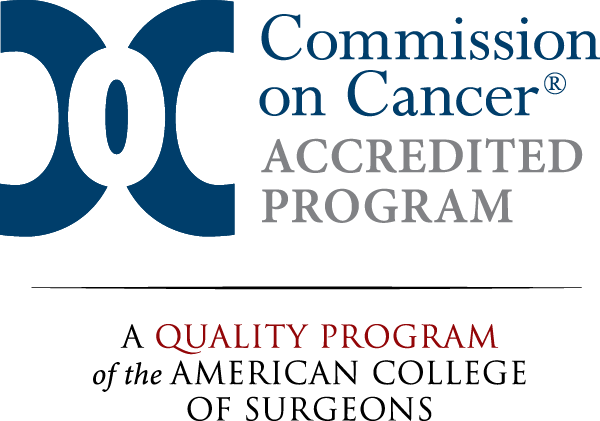
Colorectal Cancer Center
Getting Diagnosed with Colorectal Cancer
If you have received a colorectal cancer diagnosis (e.g., colon cancer or rectal cancer), you may feel upset or anxious. It helps to know the experts at the Colorectal Cancer Program at UMass Memorial Medical Center provide the most advanced surgical and non-surgical treatment options.
Colorectal Cancer Symptoms
Colorectal cancer starts in the colon (the large intestine) or the rectum (the end of the colon). Early warning signs include:
- A change in bowel habits that lasts more than a few days
- Bleeding or blood in the stool
- Cramping or stomach pain
- Vomiting
- Unexpected weight loss
- The feeling of fullness in your bowels that does not go away after you have a bowel movement
If you have any of these symptoms—especially if you are age 50 or older or have a family history of colon cancer—you should contact your primary care doctor. Early screening is our best tool for preventing and treating colorectal cancer.
Colon Cancer Risk Factors
There are many factors that can increase your chances of developing colorectal cancer, including:
- A family history of colorectal cancer
- A personal history of polyps
- Age
- Diet and exercise
- Race
- A history of smoking
- Obesity
- Type 2 diabetes
- Gastrointestinal problems like Crohn’s disease or ulcerative colitis
You can take our risk assessment questionnaire or read more about colorectal cancer risk factors to learn more.
Colorectal Cancer Services We Provide
If you have colorectal cancer, you can get the most advanced care at UMass Memorial Medical Center. Our cancer specialists—including medical oncologists, radiation oncologists and surgeons—help you understand your illness and plan the best possible treatment for your particular situation.
We work to get you back to your life as quickly as possible with treatment options like minimally invasive colorectal surgery. Minimally invasive surgery allows our surgeons to operate with smaller incisions, which often means less pain and a faster recovery for you.
Our team offers the following colorectal cancer treatment options:
- Colorectal surgery
- Minimally invasive surgery
- Chemotherapy
- Hyperthermic intraperitoneal chemotherapy
- Radiation therapy
Additional Resources
For more information on colorectal cancer and support, please visit the following websites:






 Exclusive Health Care Provider for the Worcester Red Sox.
Exclusive Health Care Provider for the Worcester Red Sox.